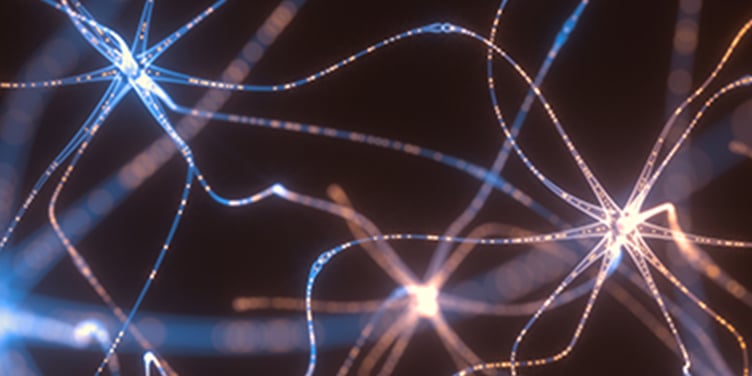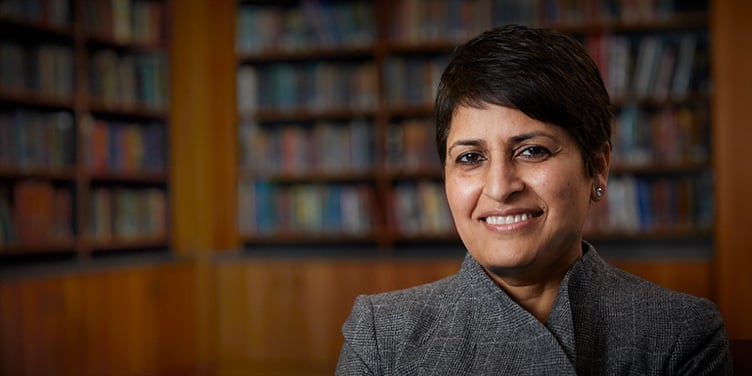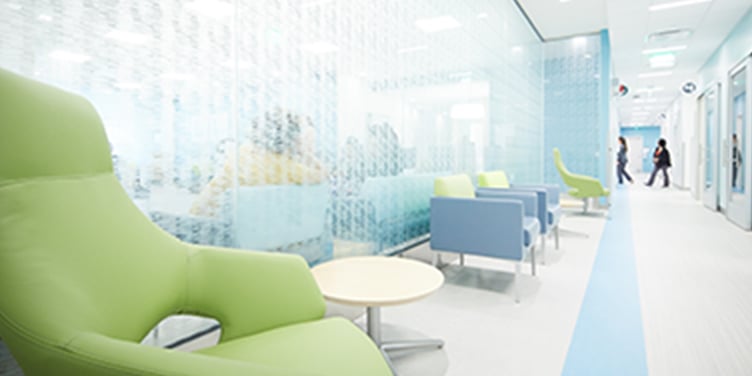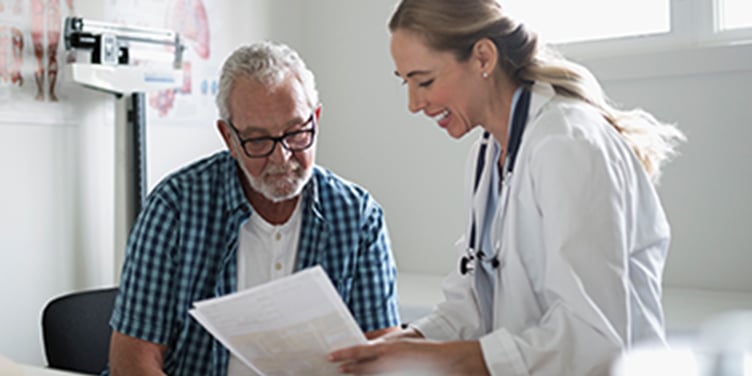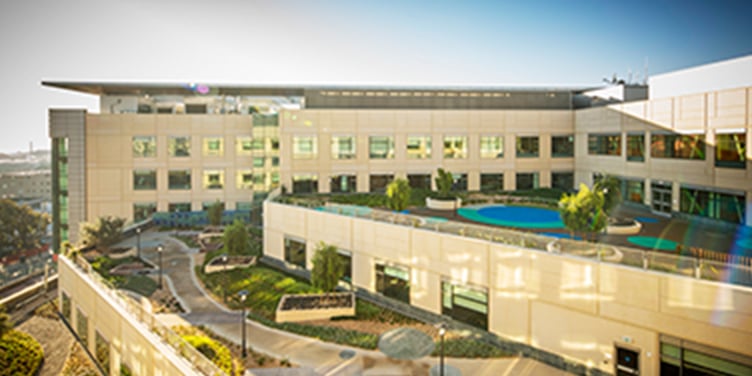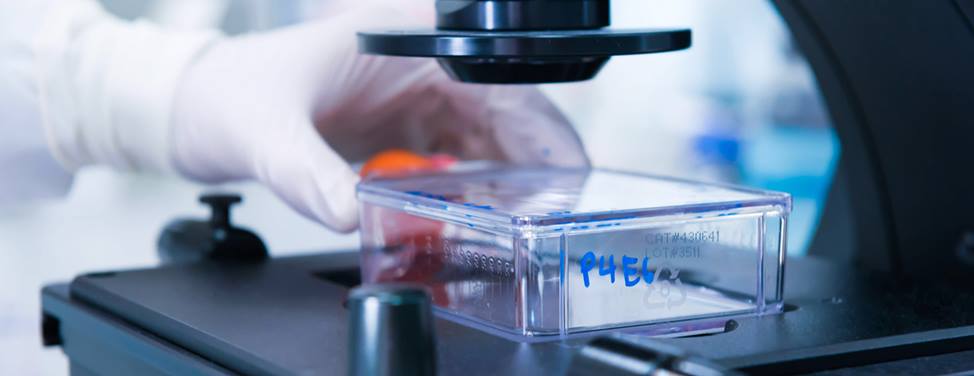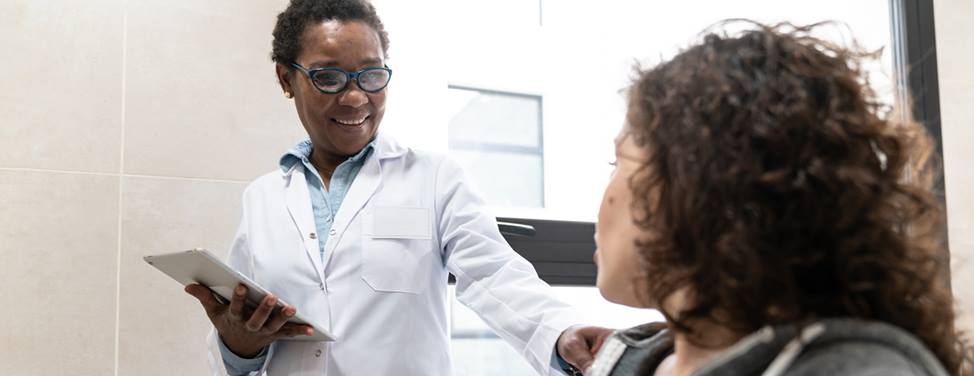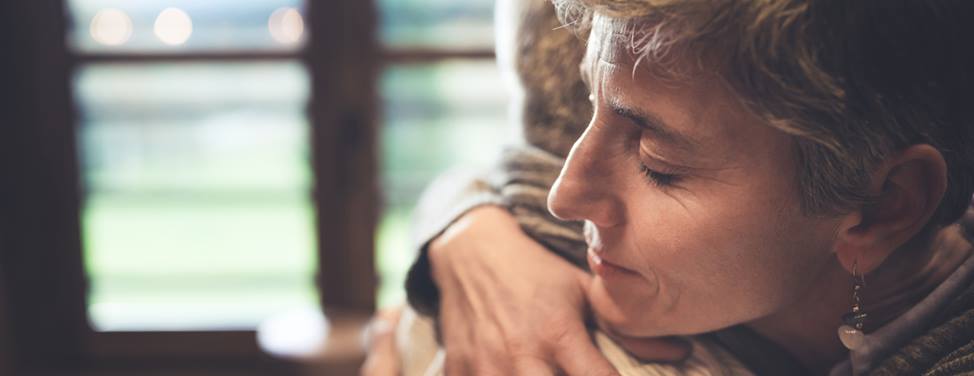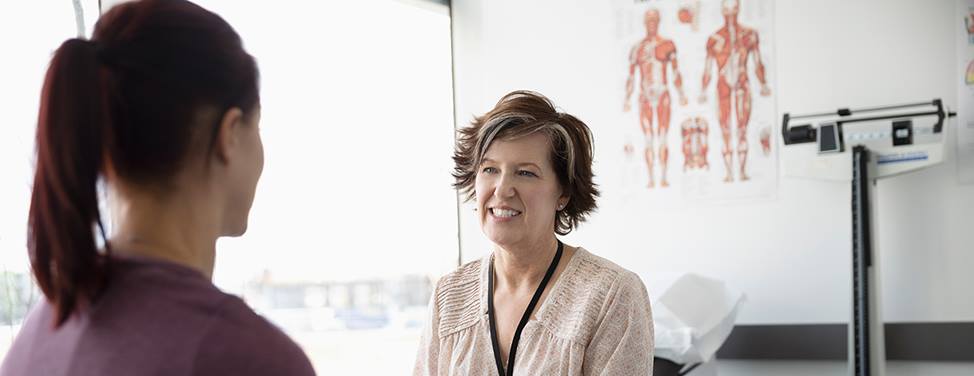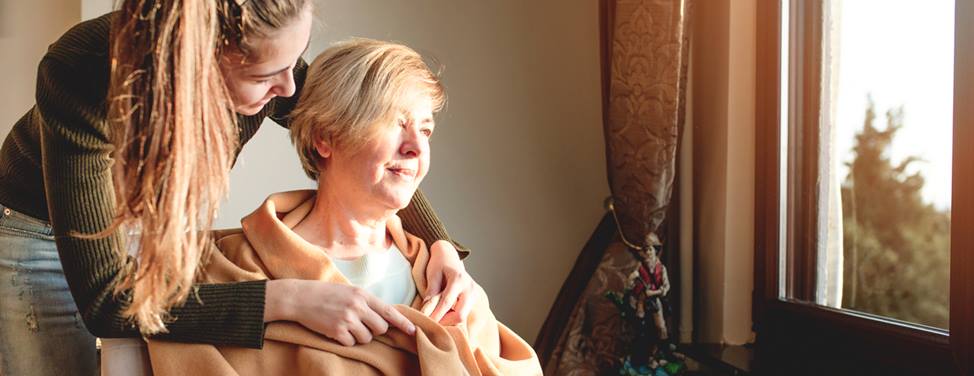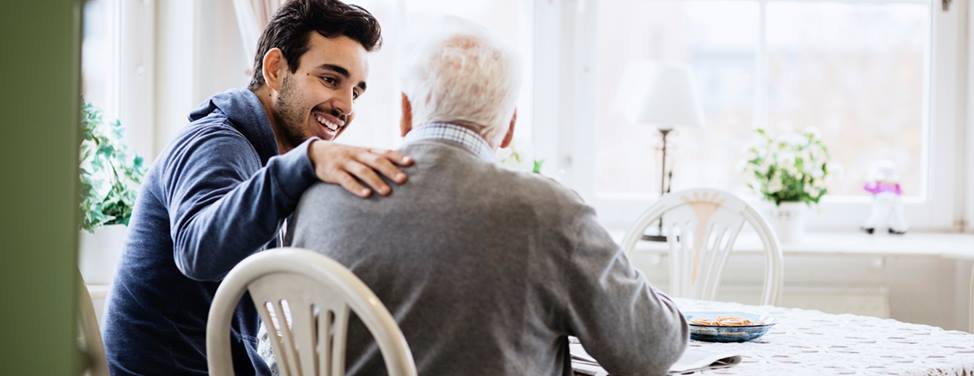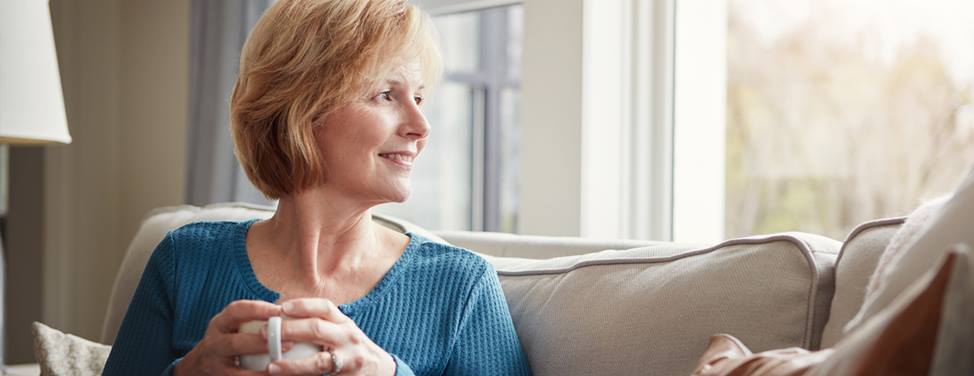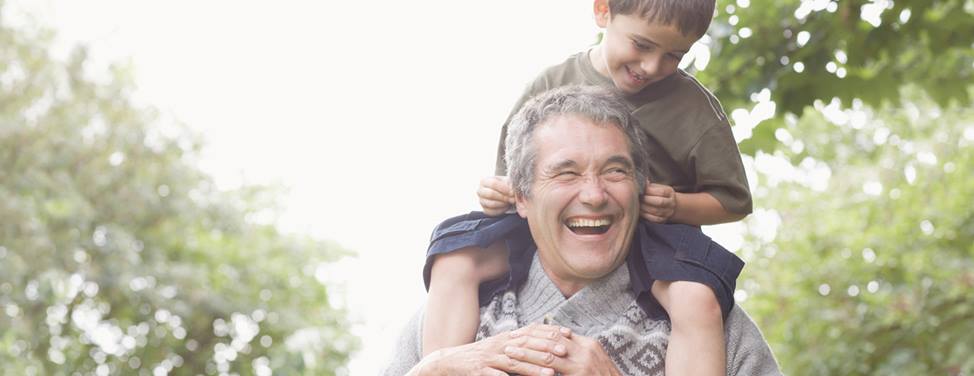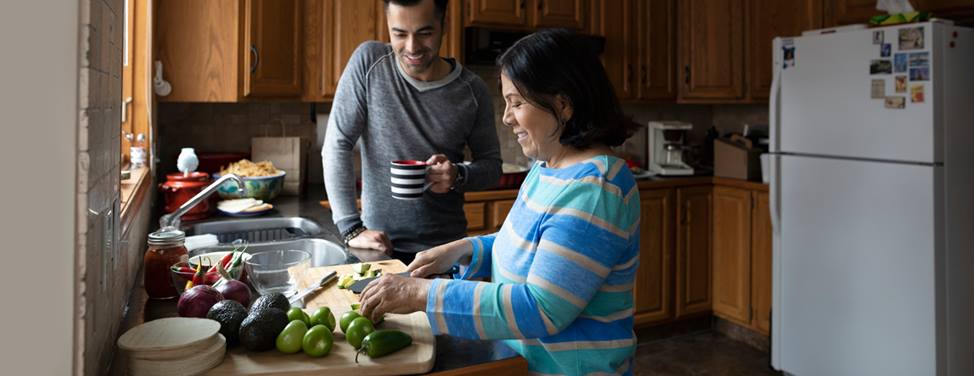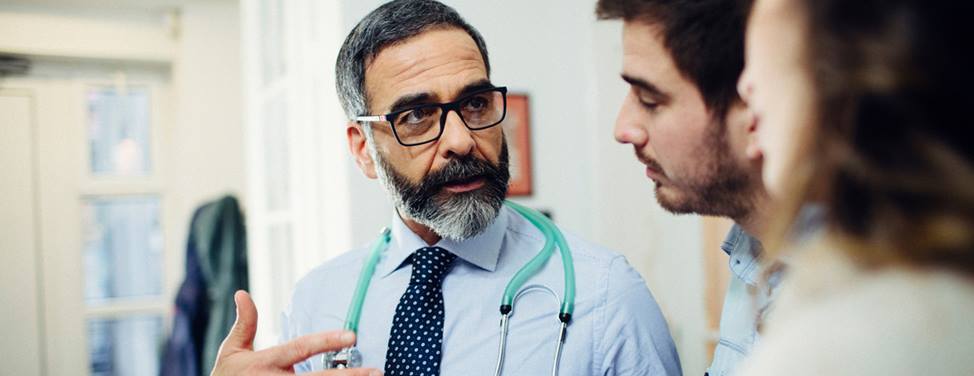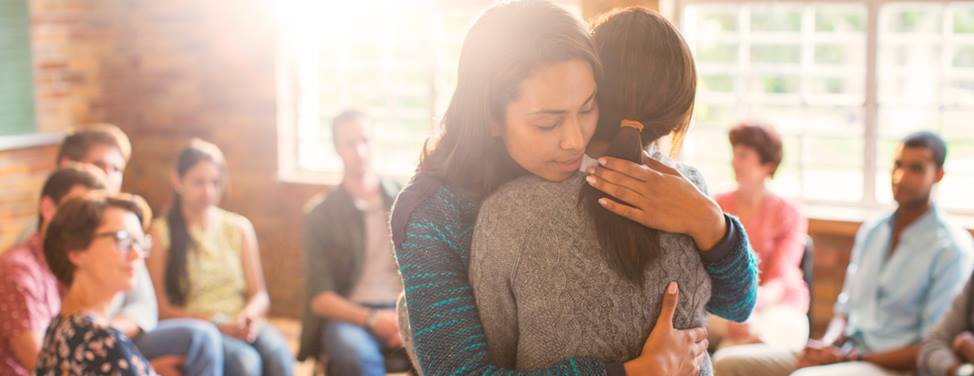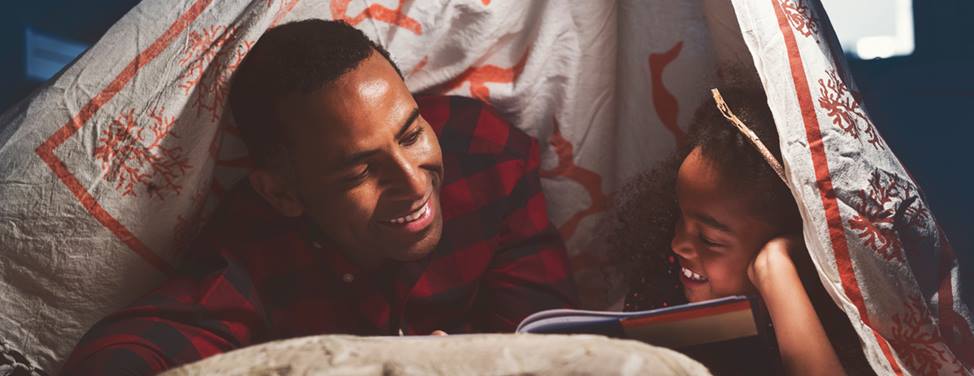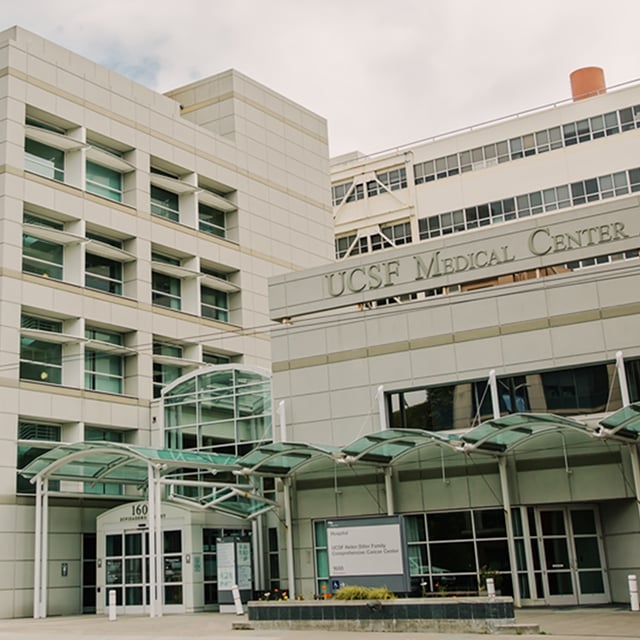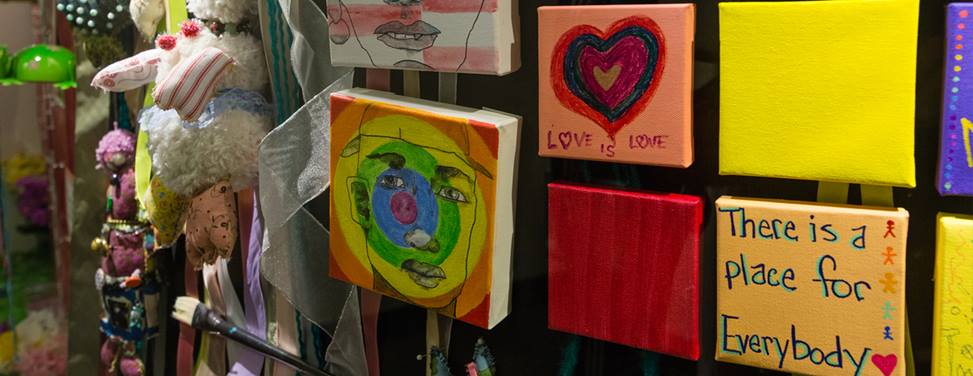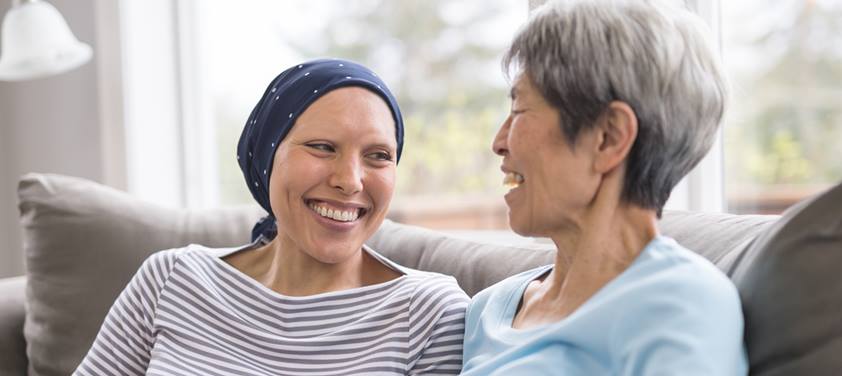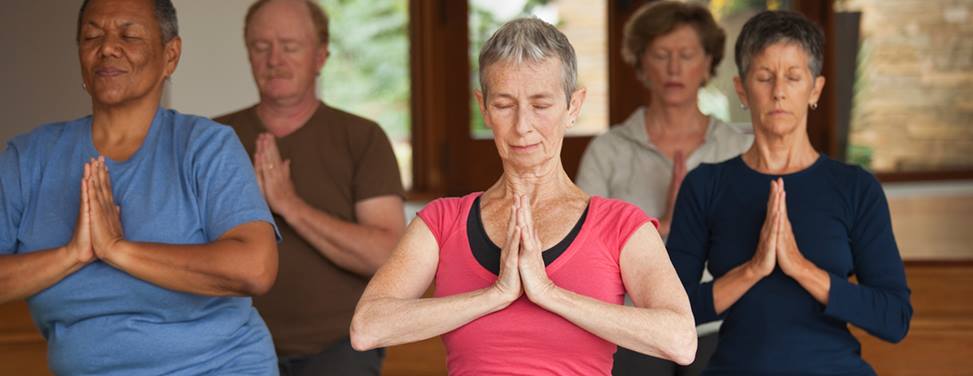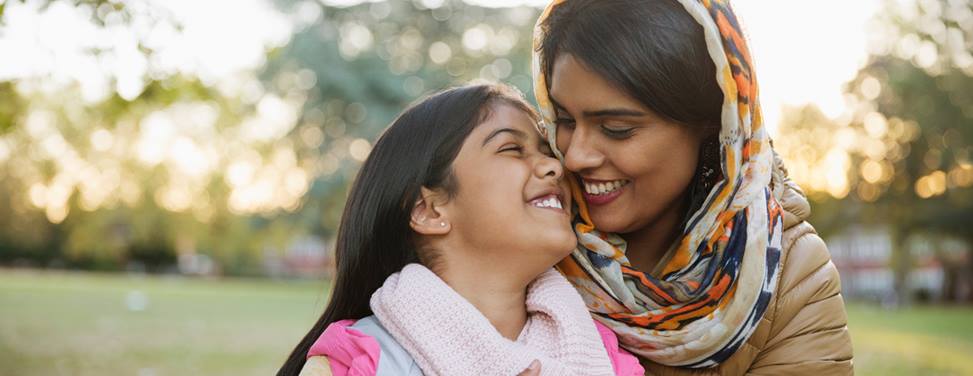Bone Cancer

Overview
Most commonly, bone tumors have spread or metastasized from another organ, such as the breasts, lungs or prostate. Cancer that arises in the bone – primary bone cancer – is rare.
Bone tumors may be benign or malignant. Benign bone tumors are more common, but both types may grow and compress healthy bone tissue and absorb or replace it with abnormal tissue. Benign tumors, however, don't spread and are rarely life threatening.
The most common type of bone cancer is osteosarcoma, which develops in new tissue in growing bones. Another type of cancer, chondrosarcoma, occurs in cartilage. Ewing's sarcoma begins in immature nerve tissue in bone marrow. Osteosarcoma and Ewing's sarcoma tend to occur more frequently in children and teens, while chondrosarcoma occurs more often in adults.
Our approach to bone cancer
UCSF's orthopedic cancer specialists have extensive experience in treating bone cancer while preserving as much bone and functionality as possible. They work with UCSF's expert physical therapists, pain medicine physicians, and orthotics and prosthetics specialists to provide personalized care of the highest quality.
Awards & recognition
-

Among the top hospitals in the nation
-
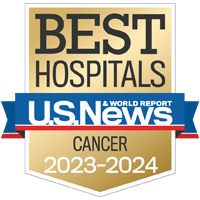
Best in Northern California and No. 7 in the nation for cancer care
-

One of the nation's best for orthopedic care
-
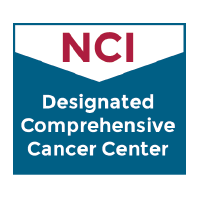
Designated comprehensive cancer center
Signs & symptoms
Pain is the most common symptom of bone cancer. Symptoms may vary depending on the location and size of the cancer.
Tumors that occur in or near joints may cause swelling or tenderness in the affected area. Bone cancer also can interfere with normal movements and can weaken the bones, occasionally leading to a fracture. Other symptoms may include fatigue, fever, weight loss and anemia.
Diagnosis
Physical examination and X-rays may detect a bone tumor. If a tumor is suspected, state-of-the-art diagnostic imaging will be used to confirm the diagnosis. To determine if a tumor is benign or malignant, tissue from the tumor must be removed for microscopic analysis. This often involves minimally invasive biopsy techniques, using tiny incisions.
Treatments
Emphasis is placed on preserving bone. When surgery is necessary, treatment is tailored to fit the nature and location of the tumor. In some cases, chemotherapy and radiation therapy are administered.
Most often, limbs can be successfully saved with the use of bone allografts, which is bone tissue from a human donor, and custom prosthetic implants. A rehabilitation program is developed with the assistance of nursing staff, therapists, prosthetists and social workers. We then follow the patient's progress to ensure long-term favorable outcomes.
UCSF Health medical specialists have reviewed this information. It is for educational purposes only and is not intended to replace the advice of your doctor or other health care provider. We encourage you to discuss any questions or concerns you may have with your provider.
Recommended reading
Where to get care (1)
Related clinics (4)
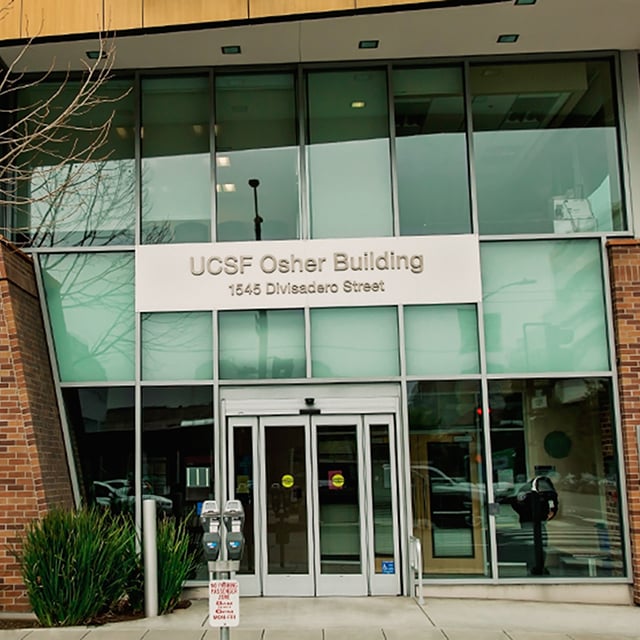
Osher Center for Integrative Health
 2
2

